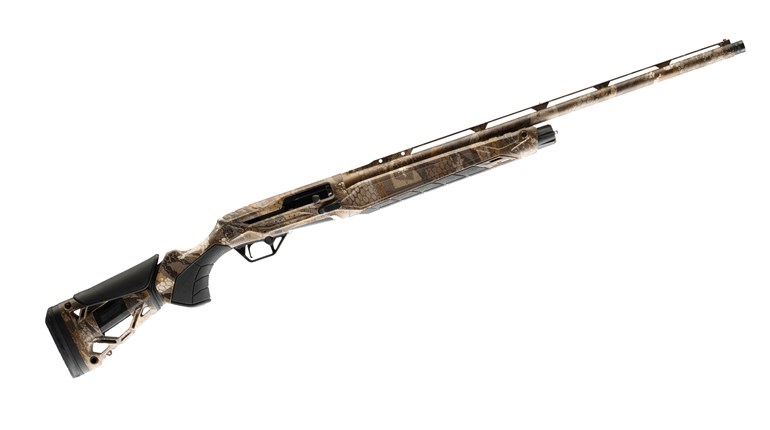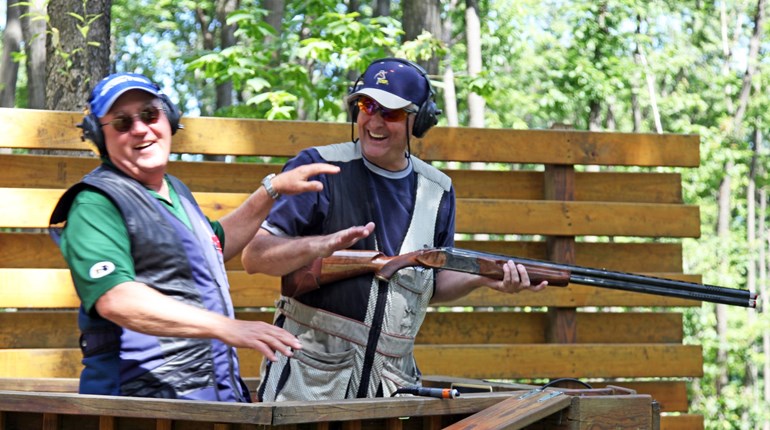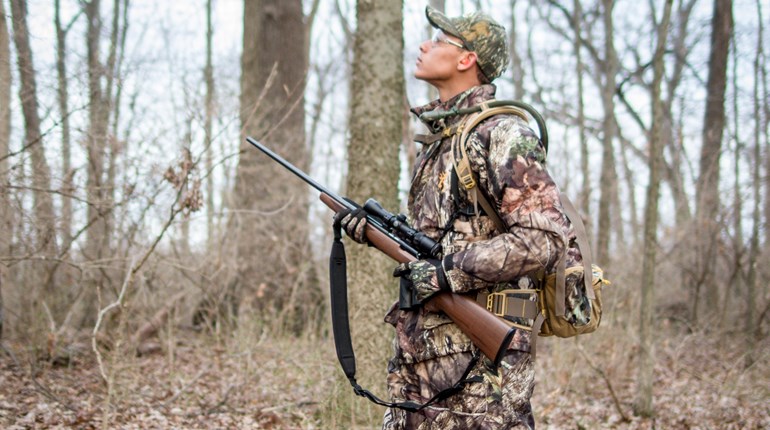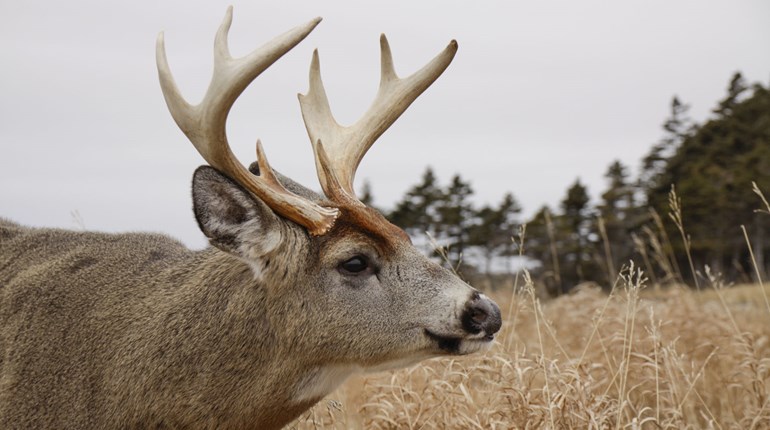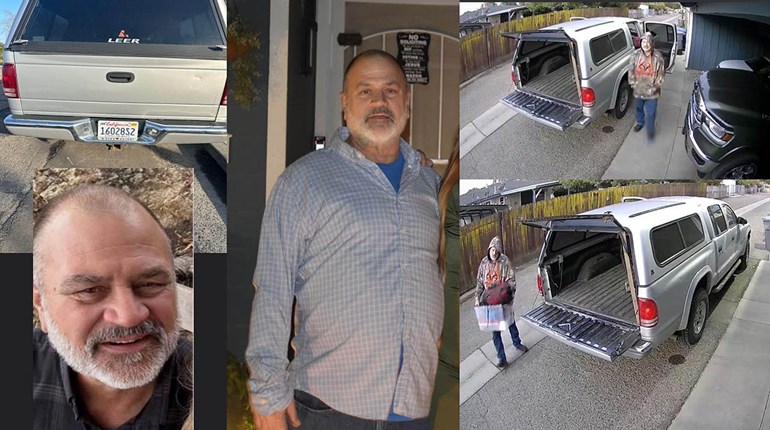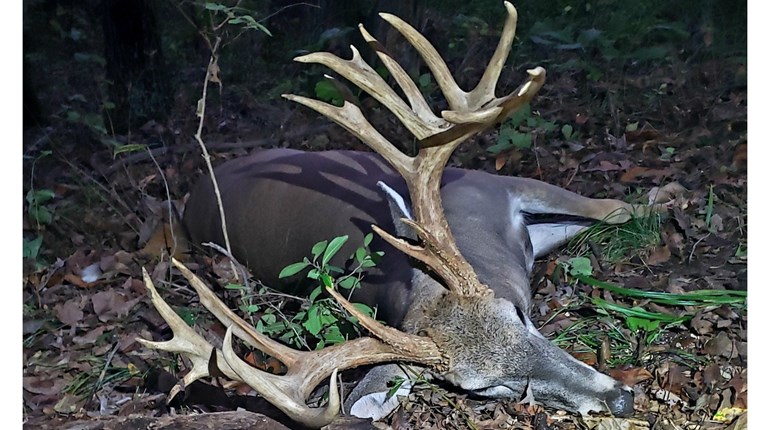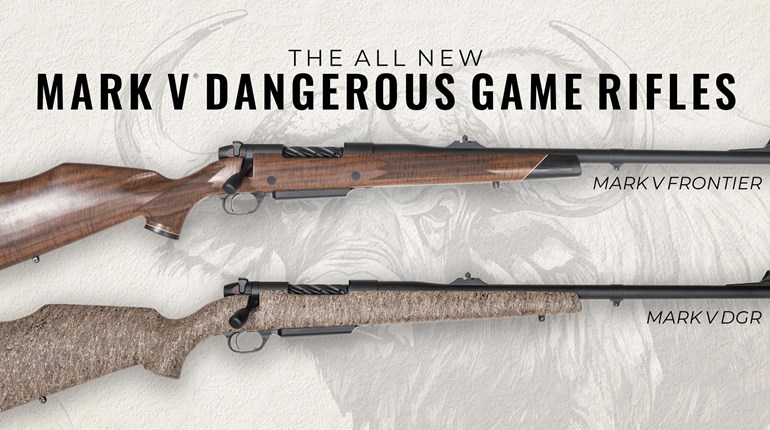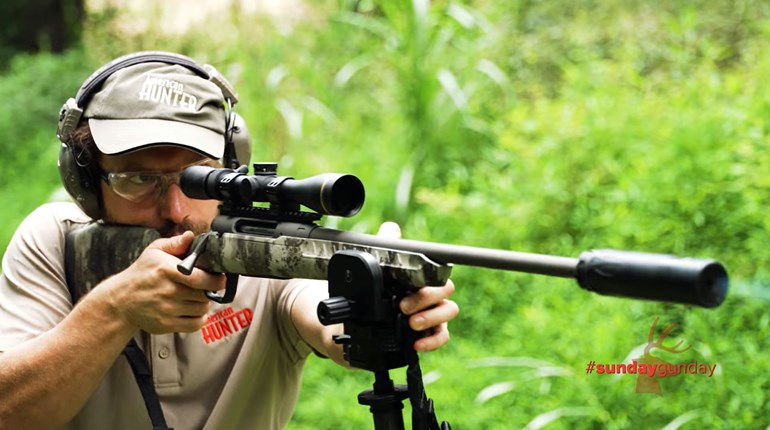
When I was a young hunter, I spent one rifle-season opening day hearing shots and assuming that each one meant that a deer was down. To be honest, those thoughts became a little discouraging. I thought that all the legal deer were already being harvested, and here I was, having not so much as seen one. But then, when I got back to the public-lands parking lot, there was only one hunter with a buck. I asked an old-timer where all the deer felled by all those shots were. That old timer replied, “Kid, most of those shots were misses, so get back out there and quietly look and wait.” That was encouraging, but I wondered why all the misses. Later, when talking with experienced hunters, the one word that kept on coming up was "stress."
What is Stress?
Contrary to popular beliefs, stress is not an outside force but a physiologic response to whatever caused our body to respond to a particular situation. I would bet that most of you have heard of "fight or flight." What happens here is that the pituitary gland, due to a perceived danger or a fearful situation, secretes a hormone (adenocorticotrophic or ACTH). This in turn causes the adrenal gland to release hormones such as adrenalin and cortisol. These now cause the pulse to speed up, muscles to tense, and blood pressure to rise. With the blood flow changed, more blood is now directed to our large muscles so we can respond. Due to this response, blood is directed away from our skin and stomach. Our blood sugar also rises to give us that quick shot of energy if needed.
Stress Situations:
When hunting, I feel that there are two scenarios common to hunters and both include various degrees of stress. The first is the waiting and then the stress leading up to the shot. The second is after the trigger was squeezed. If the animal was hit and ran off, additional stress may begin to take hold while you try to locate the animal. Waiting can be stressful for some! At times, we may have over 5 minutes to watch that animal and it is not uncommon to see other critters approaching, which adds to the excitement. Did we choose which animal to shoot too soon? All of that waiting and calculating can overload the brain and result in what has been called “buck fever." We become jittery and due to that, it is quite easy to miss.
Recognizing Stress:
For many (if not most) of us, we find sport hunting to be a stress reliever, since it's an activity that allows us to get away, relax and enjoy nature. That is true, but with different hunt situations, different levels of stress are created. Here are some examples! One can be walking through brush to scare a rabbit into gun range. In my experience, it happens too quickly to generate stress. On the other hand, when it comes to being on a stand or posted for big game? Sitting there at first is peaceful but as time progresses, every little sound or movement can work on our thought process. To contain this stress before it controls us, one of the best first steps to putting it in its place is recognition, then management. Here are some suggestions on managing pressure before and during that hunt ... you may find them helpful in your day-to-day life as well.
Competition:
Due to the pressure of competition, some individuals come apart while others excel. I saw this when I did competition handgun and skeet shooting. During practice, there are those who do ok but put them in a tournament and they shine. The shooting sports are a good way to practice turning stress into a positive factor.
Repetition:
Practice with the equipment you plan to hunt with since familiarity helps everything to flow smoothly. Now when you aim to shoot, there is no doubt in our mind that we can do it efficiently. Having confidence in our skills is important!
Anatomy:
Knowing the animal’s composition is critical. That moment when you put your crosshair on an animal needs to be completely doubt-free. To ensure this, practice looking at the animal’s anatomy and if done enough, you can picture the vital areas immediately. Then with shot placement due to practice, stress does not get a chance to take hold. During practice and while sighting-in, put up an anatomically accurate target of your intended game animal--familiarity is the key to keeping your whole mind and body calm.
PT:
Physical training is also important since, when out of shape, we tend to move more and get tired faster. This then works against us when we should be still and quiet. Moving and carrying gear can be tiring but sitting still on a hard surface starts to bring out little aches and pains we forgot about. Being in shape helps one to endure!
Time:
Don’t dillydally around! The faster you can aim, get on the correct target and squeeze the trigger, the less pre-shot stress comes into play.
Attitude:
Do not turn a hunt into an all-or-nothing event. Yes, even if it looks like you may go home without firing a shot. Remember that the reason we call it "hunting" and not "shooting" is that there are no guarantees ... and every single hunter in those woods understands that. You will not change things by adding disappointment or anger, so look at the positive and above all:
Do Not Quit!
I have been on pronghorn, caribou, elk, bear and deer hunts where I did not even see what I was after until the last hour of the last day of the hunt. Scanning the area with a good binocular and keeping positive all through the hunt allowed me to relax and take my best shot with a familiar firearm. What then happens and there was a little bit of stress, after the shot, stress is totally gone and the feeling is one of accomplishment. Safe hunting!













